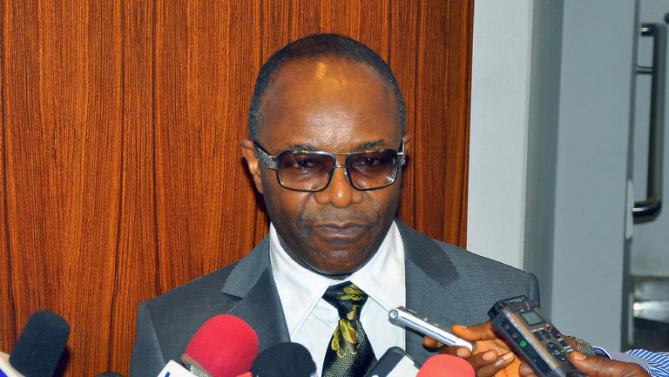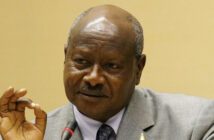Dr Ibe Kachikwu, the Minister of State for Petroleum Resources has disclosed that the federal government would save $1 billion from the Direct-Sale–Direct-Purchase (DSDP) arrangement which will replace the crude-for-refined products exchange arrangement popularly referred to as crude swap, a policy that would take off next month.
The minister also disclosed that the price modulation policy had rid the federal government of the burden of subsidy on imported petroleum products in January 2016.
Kachikwu made these disclosures yesterday when he appeared before the House of Representatives Ad-Hoc Committee set up to investigate the Corporation’s offshore processing and crude swap arrangement for the period between 2010 to date at the National Assembly.
He explained that the DSDP was adopted to replace the Crude Oil Swap initiative and the Offshore Processing Arrangement so as to introduce and entrench transparency in the crude oil for product transaction by the Corporation in line with global best practices.
Under the old order, crude oil was exchanged for petroleum products through third party traders at a pre-determined yield pattern. But Kachikwu, in a statement issued yesterday by the NNPC spokesman, Ohi Alegbe, noted that the DSDP option eliminates all the cost elements of middlemen and gives the NNPC the latitude to take control of sale and purchase of the crude oil transaction with its partners, adding that the initiative would save $1 billion for the federal government.
He said, “When I assumed duty as the GMD of NNPC, I met the Offshore Processing Arrangement (OPA) and, like you know, there is always room for improvement. I and my team came up with the DSDP initiative with the aim of throwing open the bidding process. This initiative has brought transparency into the crude-for-product exchange matrix and it is in tandem with global best practices.”
According to Kachikwu, the DSDP initiative whittles down the influence of the minister in the selection of bid winners, as it allows all the bidders to be assessed transparently based on their global and national track record of performance before the best companies with the requisite capacities are selected.
Clarifying the need for the introduction of the DSDP, the minister told the committee that the policy is aimed at reducing the gaps inherent in the OPA and the losses incurred by the NNPC in the past.
He stated that the new arrangement would help the Corporation to grow indigenous capacity in the international crude oil business and generate employment opportunities for indigenous companies that are selected.
Kachikwu further informed the committee members that the DSDP initiative gives other government agencies such as the Bureau of Public Procurement (BPP) and Nigeria Extractive Industry and Transparency Initiative (NEITI) the opportunity to be part of the bidding process in order to ensure due process.
Speaking on some of the reported misgivings by some federal agencies over the alleged non-transparent nature of past crude-for-products exchange arrangements, the minister assured that the reconciliation process was ongoing.
He added that, going forward, the ministry would deploy technology to track cargoes and transhipment at the reception depots in order to forestall any incidence of round tripping.




